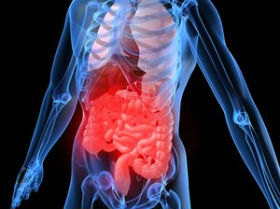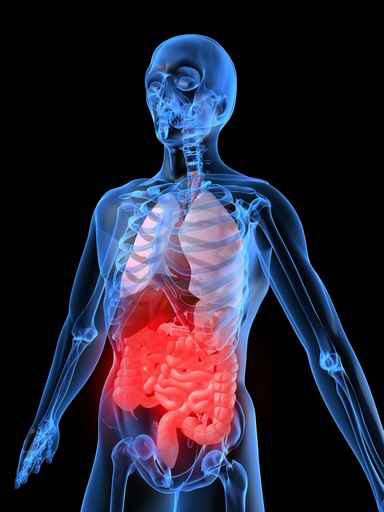What is the treatment for viral gastroenteritis
 Viral gastroenteritis is often called the “stomach flu.” Swelling or inflammation of the gastric mucosa is observed, due to the viral contamination. Infection often results in vomiting and diarrhea.
Viral gastroenteritis is often called the “stomach flu.” Swelling or inflammation of the gastric mucosa is observed, due to the viral contamination. Infection often results in vomiting and diarrhea.
How is it spread of gastroenteritis
Viral gastroenteritis can affect one person or group of people who have consumed the same type of food or drinking water contaminated with the virus. Viral gastroenteritis is a major cause of severe diarrhea in both adults and children.
Stomach flu symptoms
The symptoms of viral gastroenteritis occur in 4 to 48 hours after the viral infection. The most common complaints are:
Stomach aches
Diarrhea
Nausea and vomiting
Fever and high temperature
Muscle and joint pain
Complications of viral gastroenteritis
One of the serious complications of stomach flu is dehydration. Your body needs fluids to function normally. Dehydration can be caused by vomiting, abnormal urination or increased sweating. For the viral gastroenteritis, the combination of diarrhea and vomiting can cause dehydration. Symptoms of dehydration are:
Excessive thirst
Dry mucous membranes
Decreased urine output and the urine is highly concentrated
Fatigue
The goal of stomach flu treatment
The goal of the treatment for viral gastroenteritis is to prevent the development of dehydration by submitting enough fluid to cover the losses. Fluids and minerals that are lost through diarrhea and vomiting should be restored by infusions of appropriate solutions or fluid intake by mouth.
How to eat with stomach flu
The first few days after the infection of the viral gastroenteritis, the food intake must be reduced and heavy and difficult to digest foods must be avoided, because they can worsen the condition of patients. After a gradual recovery, the range of food to be taken can be gradually increased up to the level of a normal diet. It is recommended to avoid dairy products, alcohol and caffeine until your full recovery.
Stomach flu usually passes in a few days and does not require any serious treatment. Children are more susceptible to dehydration and may require hospitalization for several days to restore the fluid balance.
If your diarrhea lasts more than a few days or there are signs of dehydration it is imperative to consult with a doctor. You should consult with a doctor if also have some of the following symptoms:
Bloody diarrhea
Confusion and dizziness
Lack of urination for more than 8 hours.

